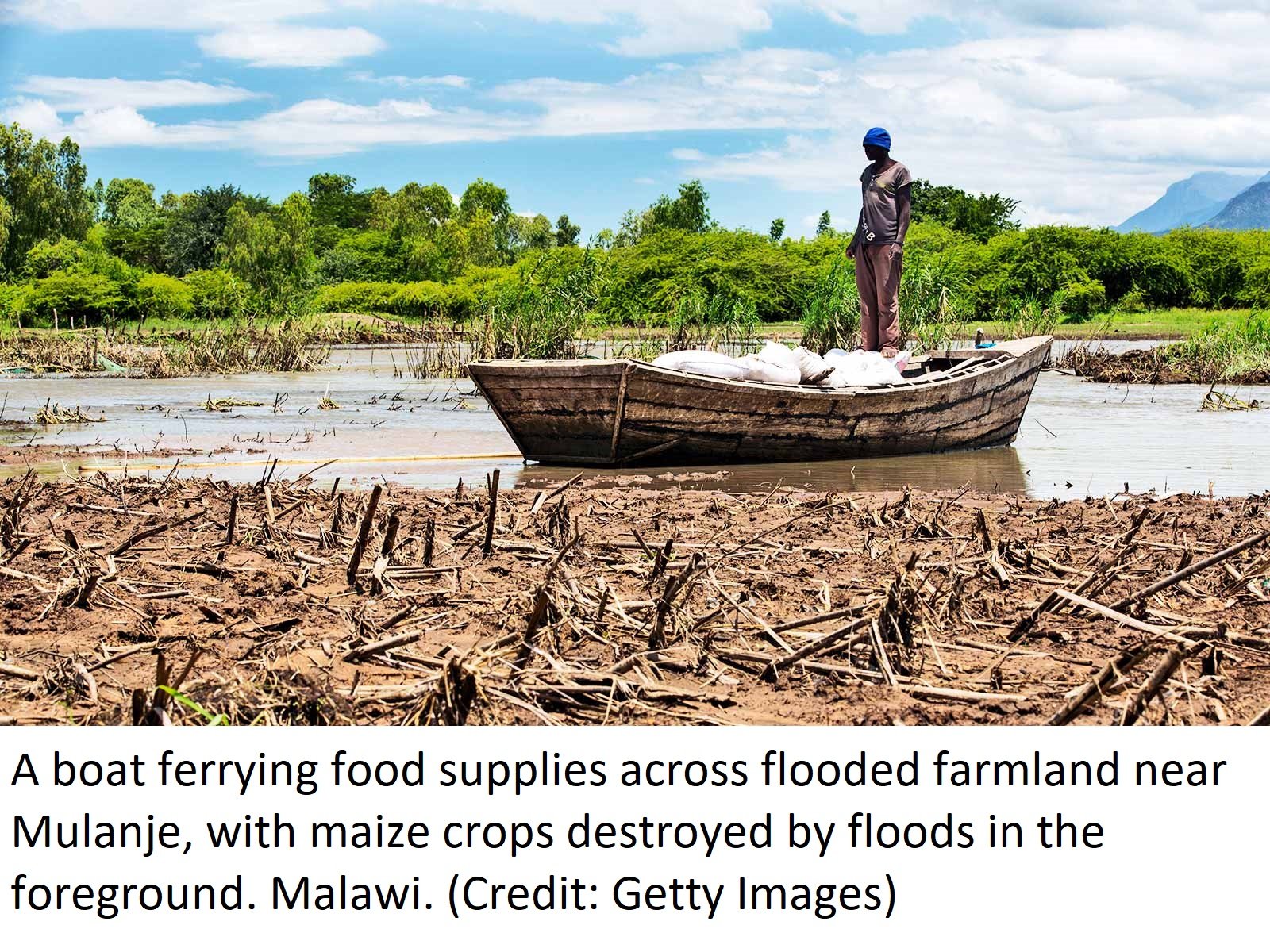The Role Of Diplomacy, Intelligence And Media In Shaping National and Global Stability-Opinion.
By Prof. Sheriff Ghali Ibrahim
Introduction
Five crucial events in international diplomacy following World War I are: the Treaty of Versailles, the establishment of the League of Nations, the Washington Naval Conference, the rise of Fascism and Nazism, and the Munich Agreement. These events highlight the period’s attempts to rebuild international order, manage power dynamics, and address the rise of aggressive ideologies. Here’s a more detailed look:
1. The Treaty of Versailles (1919): This treaty officially ended World War I with Germany and its allies. It imposed harsh terms on Germany, including territorial losses, disarmament, and heavy reparations, which fueled resentment and instability in the post-war period. The treaty also redrew the map of Europe, creating new nations and altering existing borders, which contributed to future tensions,
A
2.The League of Nations (1920): Created as a platform for inte cooperation and conflict resolution, the League aimed to prevent future wars through diplomacy and collective security. Despite its noble intentions, the League lacked the power and enforcement mechanisms to effectively address major international crises, and it ultimately failed to prevent the outbreak of World War II.
®
3. The Washington Naval Conference (1921-1922): This conference focused on naval disarmament among the major powers (US, Britain, Japan, France, and Italy). It resulted in agreements to limit the size of navies, particularly battleships, reflecting a desire to avoid another naval arms race like the one that preceded WWI.
4. The Rise of Fascism and Nazism: The interwar period saw the rise of fascist and Nazi ideologies in Italy and Germany, respectively. These ideologies espoused nationalism, militarism, and expansionism, challenging the existing international order and promoting aggressive foreign policies.
Under Nazi Germany and Fascist Italy, diplomacy was heavily influenced by their respective ideologies and ultimately served to advance their expansionist goals. While diplomacy might have played a role in buying time for rearmament and preparing for war, it was not a genuine attempt at peaceful negotiation or compromise. Instead, cultural diplomacy and propaganda were employed to project a desired self-image and rally support for their regimes and their vision of a new world order
The Munich Agreement (1938): This agreement between Germany, Britain, France. and Italy ceded the Sudetenland region of Czechoslovakia to Germany in an attempt to appease Hitler’s expansionist ambitions. The Munich Agreement is often seen as a prime example of appeasement, which ultimately failed to prevent the outbreak of World War IL.
The Role of Diplomacy
Diplomacy is crucial for fostering national and global peace and stability by facilitating communication, negotiation, and cooperation between nations. It helps prevent conflicts, resolve disputes peacefully, and build strong imternational relationships based on mutual respect and understanding.
How diplomacy contributes to peace and stability:
1. Conflict Prevention and Resolution:
Dialogue and Negotiation: Diplomacy provides channels for countries to communicate their concerns and interests, fostering dialogue and negotiation to address potential conflicts before they escalate into violence.
Mediation and Arbitration: Diplomatic efforts can involve mediation or arbitration by third-party nations or international organizations, helping parties find common ground and reach mutually acceptable solutions.
Cenfidence-Building Measures: Diplomacy can involve initiatives to build trust and understanding between nations, such as arms control agreements, joint military exercises, or cultural exchange programs.
Peacekeeping Operations: Diplomatic efforts often pave the way for international peacekeeping operations, providing a framework for the deployment of neutral forces to maintain peace and stability in conflict zones.
2. Building International Cooperation:
Trade Agreements and Economic Cooperation: Diplomacy facilitates the establishment of trade agreements, economic partnerships, and development initiatives, fostering interdependence and mutual benefit among nations.
Addressing Global Challenges: Diplomacy is essential for addressing global challenges such as climate change, pandemics, and cybersecurity threats, requiring international cooperation and collective action.
Promoting Human Rights and Democracy: Diplomatic efforts can promote human rights, democracy, and the rule of law, contributing to a more just and equitable international order.
Cultural Exchange and Understanding: Diplomacy fosters cultural exchange and understanding between nations, promoting tolerance, empathy, and mutual respect.
3. Enhancing National Stability:
Strengthening International Relations: By fostering positive relationships with Other nations, diplomacy enhances a country’s security and its ability to pursue its national interests.
Promoting Economic Grewth: Diplomatic efforts can lead to increased trade
investment, and economic cooperation, contributing to national economic growth and stability.
Strengthening Governance: Diplomacy can support good governance, the rule of law, and democratic institutions, enhancing national stability and reducing the risk of conflict.
4. The Role of Multilateralism:
International Organizations: Diplomacy works through international organizations such as the United Nations, providing a platform for dialogue, negotiation, and collective action on global issues.
Treaty Enforcement: Diplomacy plays a key role in the development, negotiation, and enforcement of international treaties and agreements, creating a framework for cooperation and stability.
Global Norms and Values: Diplomacy helps shape global norms and values related to peace, security, human rights, and development, promoting a more just and sustainable international order.
Media and National and Global Stability
The media plays a critical role in shaping both national and global stability by influencing public opinion, fostering dialogue, and promoting accountability. Its impact can be positive, contributing to peace and understanding, or negative, potentially exacerbating conflicts and misinformation.
Here’s a breakdown of the media’s role:
Positive Impacts:
Promoting Dialogue and Understanding: Media can facilitate communication and understanding between different groups within a nation and across borders, which is crucial for conflict reselution and fostering cooperation.
Raising Awareness: By reporting on social, environmental, and political issues, the media can raise awareness and encourage public engagement, leading to positive change.
Holding Power Accountable: A free and independent media can act as a watchdog, holding those in power accountable and promoting transparency and good governance.
Facilitating Sustainable Development: The media can highlight the importance of sustainable development and encourage responsible practices by showcasing both the challenges and potential solutions. |
Countering Extremism: By providing a platform for diverse voices and perspectives, the media can help counter extremist narratives and promote tolerance. Supporting Peacebuilding: In conflict zones, the media can play a vital role in supporting peacebuilding efforts by promoting dialogue, reconciliation, and accurate reporting.
Negative Impacts:
Spreading Misinformation and Propaganda: Inaccurate or biased reporting can fuel distrust, incite violence, and destabilize societies.
Exacerbating Conflicts: Sensationalized or one-sided reporting can escalate tensions and contribute to the spread of conflict.
Promoting Polarization: By creating echo chambers and reinforcing pre-existing biases, the media can contribute to political polarization and social division.
Disterting Public Perception: The media can manipulate public perception through selective reporting and framing of issues, potentially leading to negative consequences.
Erosion ef Trust: When the media is perceived as biased or untrustworthy, it can erode public confidence in institutions and undermine social cohesion.
Prof Sheriff Ghali Ibrahim is the Director International Centre, University of Abuja and Head of the Centre For Contemporary China-Africa Research in Nigeria.





